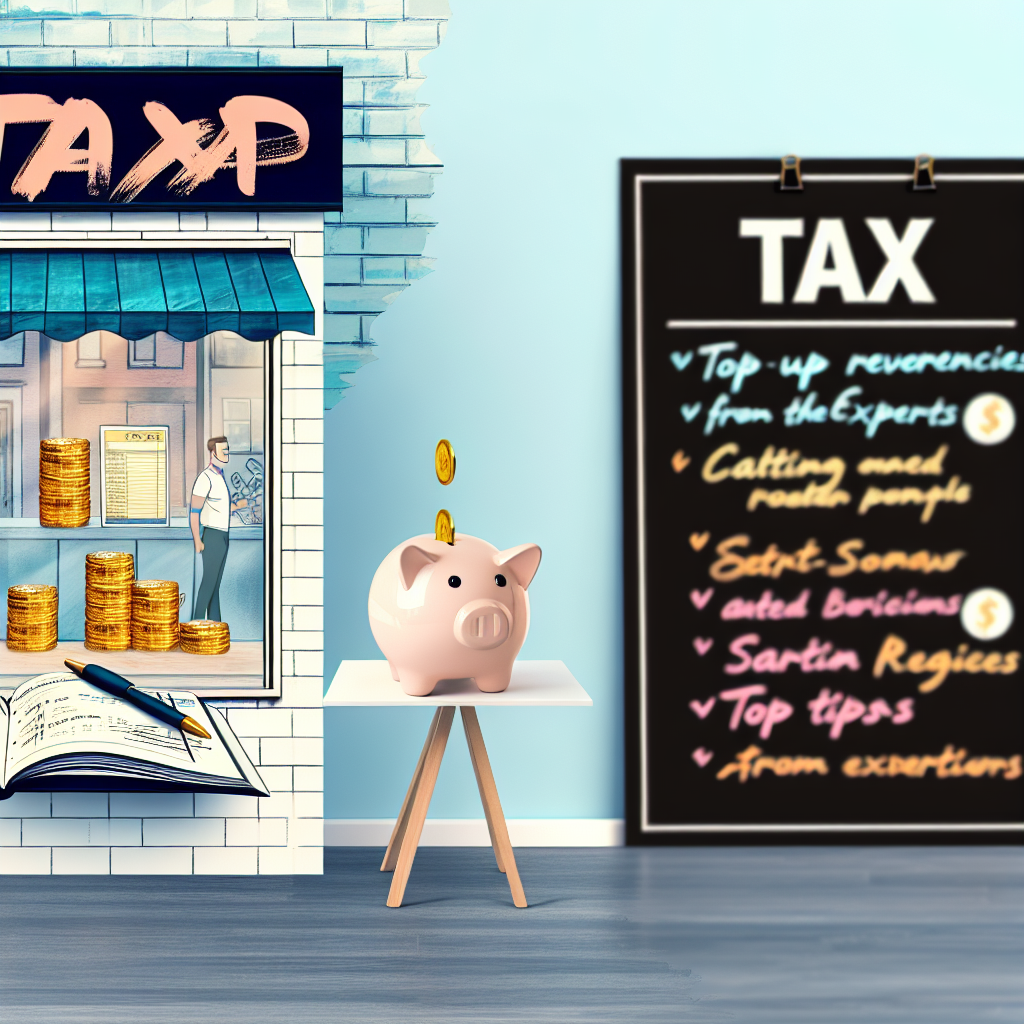Tax season can be a daunting time for small business owners. However, with the right strategies, you can optimize your tax situation and ensure your business thrives. Here are some expert tips to help you navigate the complexities of small business taxes.
1. Understand Your Business Structure
The structure of your business (sole proprietorship, partnership, corporation, or LLC) significantly impacts your tax obligations. It’s essential to understand how each structure is taxed:
- Sole Proprietorship: Income is reported on your personal tax return.
- Partnerships: Profits and losses are passed through to partners to report on their tax returns.
- Corporations: Taxed separately from owners; consider double taxation on dividends.
- LLCs: Provide flexibility; can be taxed as a sole proprietorship, partnership, or corporation.
2. Keep Detailed Records
Maintaining accurate and detailed records is crucial. Invest in accounting software or hire a professional accountant. Good records help you track your income and expenses, making it easier to file your taxes and provide documentation in case of audits.
3. Take Advantage of Deductions
Be aware of the various deductions available to small businesses. Common deductions include:
- Home office expenses
- Business travel and meal expenses
- Equipment and software purchases
- Healthcare costs
- Professional services fees (legal, accounting, and consulting)
Consulting with a tax professional can help identify deductions specific to your business.
4. Plan for Estimated Taxes
As a small business owner, you may be required to pay estimated taxes quarterly. Plan for these payments to avoid penalties. Estimate your income and calculate your tax obligations based on previous years’ tax returns.
5. Consider Retirement Plans
Contributing to a retirement plan not only helps secure your future but can also provide tax benefits. Options such as a SEP IRA or a Solo 401(k) can allow you to save for retirement while reducing your taxable income.
6. Stay Informed About Tax Law Changes
Tax laws are constantly changing. Keep abreast of any new regulations that may affect your business. Subscribing to IRS newsletters and following reputable financial news sources can provide valuable updates.
7. Seek Professional Help
Sometimes, it’s worth the investment to consult a tax professional such as a CPA (Certified Public Accountant). They can help you navigate the intricacies of tax law, ensure compliance, and optimize your tax strategy.
Conclusion
Implementing these tax strategies can significantly benefit your small business. With careful planning and attention to detail, you can minimize your tax liability and position your business for growth. Remember, it’s never too early to start preparing for tax season!








Leave a Reply
You must be logged in to post a comment.